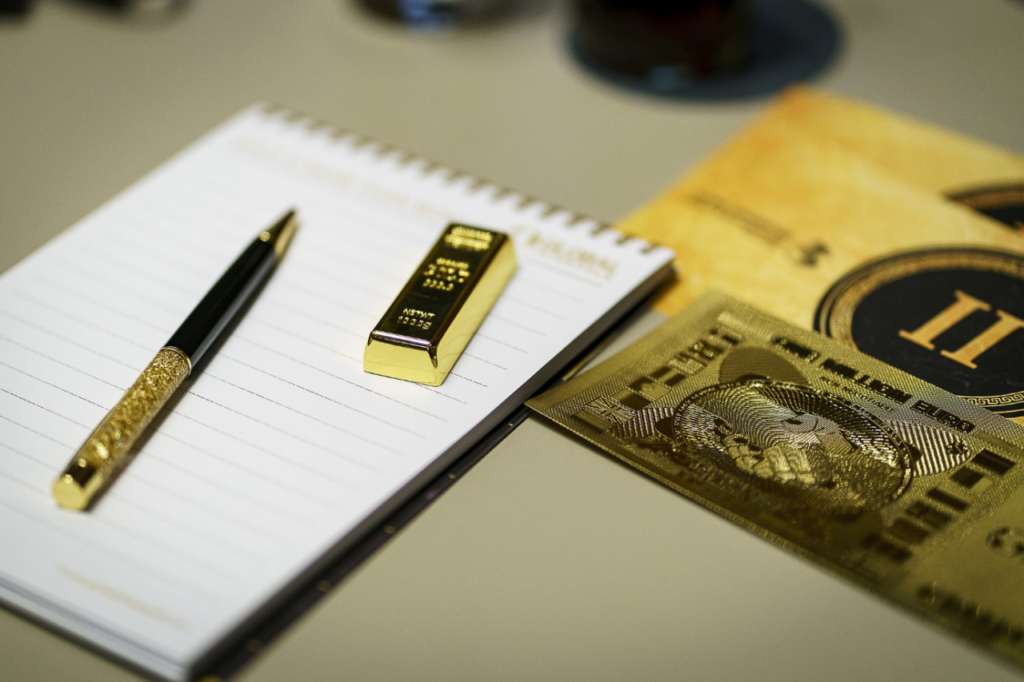Buying gold is recommended for those who are looking to make financial investments. But, as with everything in the field of investing, there are risks that accompany your decision to purchase these precious metals. One way to minimize these risks is to educate yourself on the possible mistakes in buying gold and be able to avoid them.
Here are three of the most common mistakes that gold investors make, which significantly impact the returns on their investment:
1. Buying gold from an unreliable dealer
There is a reason why shopping around before making a purchase is considered an advice that you should always take. While it is ideal to buy gold without any hassle, a bit of research and getting to know the market can be helpful in eliminating the risk of buying from unreliable sources and getting scammed. After all, buying gold is unlike your regular grocery run to the supermarket. You will be shelling out a huge amount for this precious metal, so you do want to be getting value for your money.
Don’t go crazy when the market goes on a frenzy and go about buying from whoever is selling gold. Being impulsive and reckless can make you fall prey to a scam, end up with fake gold, or even be left not having any gold or money at all. Avoid dealers selling gold on Craigslist, cold callers, and those who offer free storage or delayed delivery options. Instead, research thoroughly, using expert resources, and sign up for newsletters such as Cayman Financial Review (see their home page here) to increase your knowledge, so you can make wise decisions.
Protect your investment by purchasing only from legitimate gold dealers. One way to avoid losing money and falling for gold scams is to call up different dealers and ask about the type of precious metals they deal in, transaction charges, and buy-back terms. You can even ask for their opinion about other dealers and you’ll be amazed at what you’ll learn.
2. Buying scrap gold
Buying scrap metal does not make a good investment so don’t just go about buying anything made of gold. In terms of physical gold, jewellery pieces are not as valuable as coins. If you are looking to resell the gold in the future, you will be having a challenging and costly experience with jewellery unless you know how to melt, fabricate, and assess gold. This is because jewellery-grade gold is often cut with other precious metals in order to make them more durable, but also impacts the purity of the gold.
3. Buying without checking purity
In line with the second mistake that people make when buying gold is the issue of purity. While there are numerous gold dealers and sources of the precious metal, not everything they sell will be worth investing in. Do not buy alloy metals if you want to be able to sell these in the future. Physical gold, such as gold coins, are great investments. But, make sure that these are assessed with purity percentages ranging from 90 to 99.99. The higher the percentage of purity, the more valuable the item is. If you are expecting a profitable return on investment, make sure to buy the highest purity that you can afford. Standard gold coins, like the American Eagle, Australian Kangaroo, and the Canadian Maple Leaf, are highly recommended.
Other mistakes that you can avoid when you decide to buy gold include misunderstanding the values of physical assets in comparison with Exchange Traded Funds, failing to take advantage of possible tax-exemptions, and buying gold as a short-term investment.

